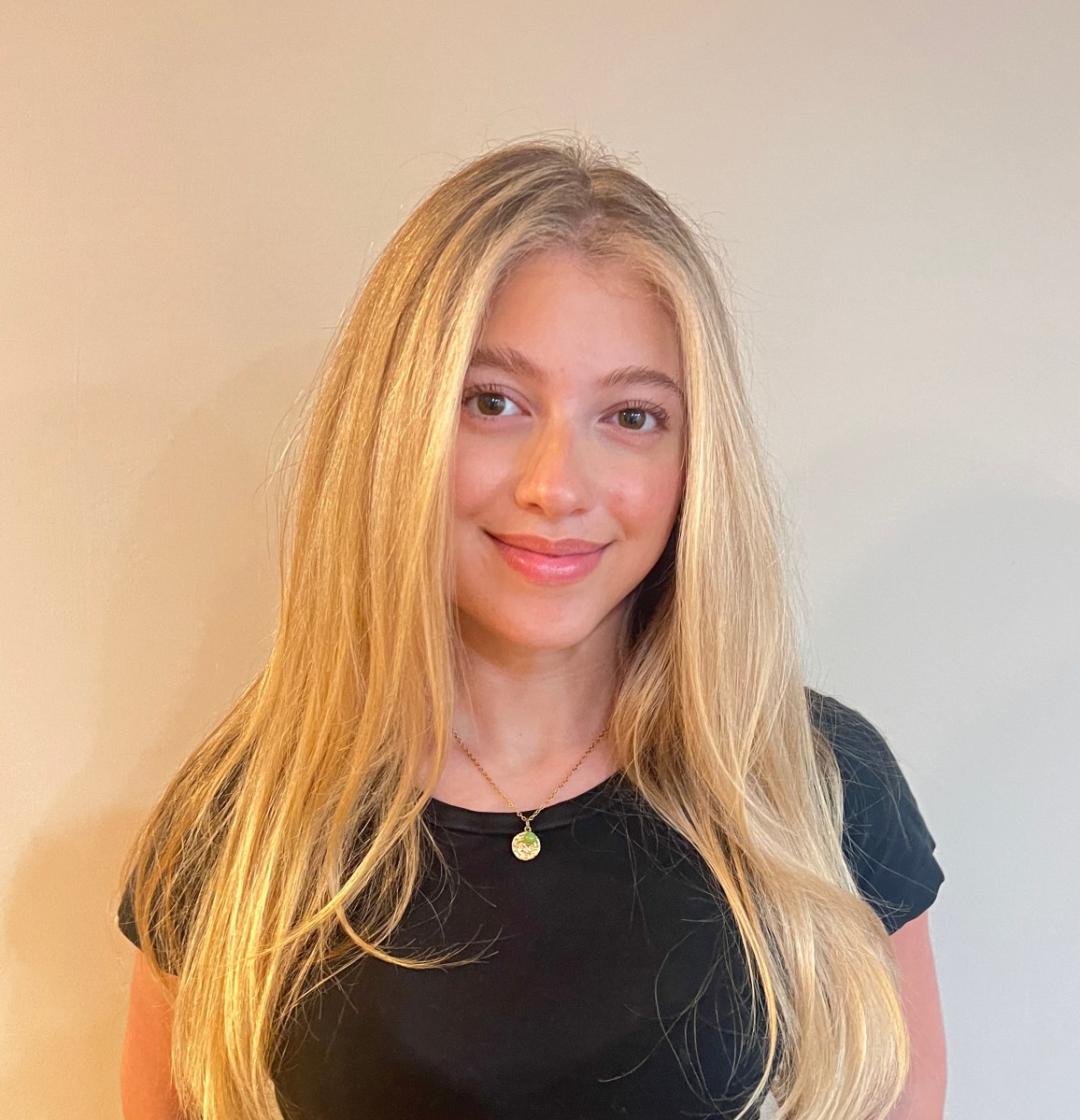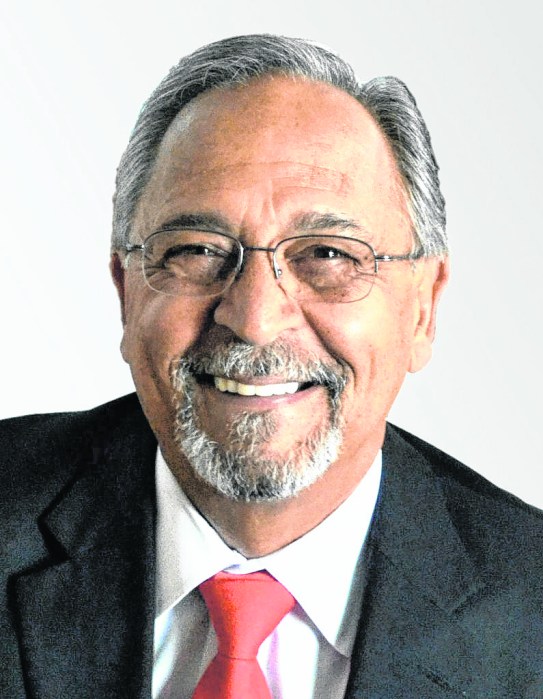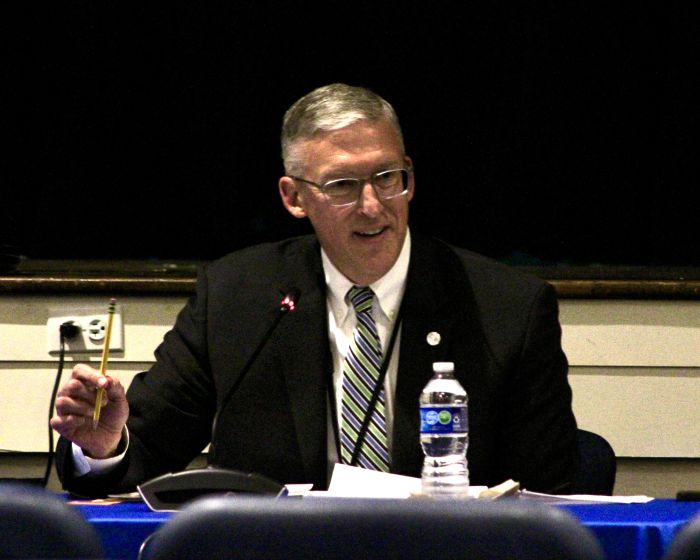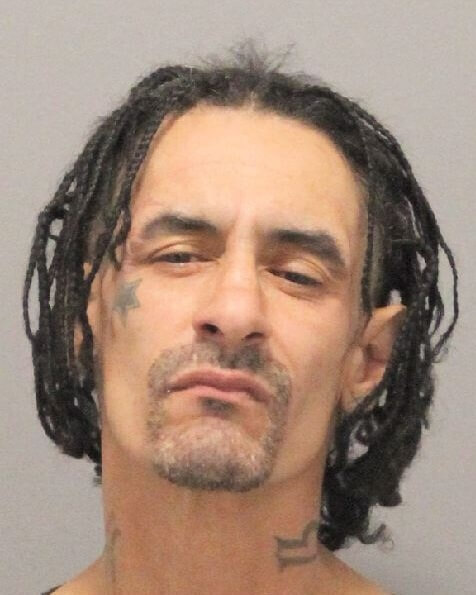As I sit down and work on my college applications with the news playing in the background, I hear a news anchor discussing the disturbing surge of antisemitism on college campuses across the U.S. in the aftermath of the Oct. 7 Hamas attacks on Israel.
My heart sinks as I listen to the reality that I’ll be facing next year.
Anti-Israel students and outside agitators set up encampments at many universities, disrupting campus life. We heard, and continue to listen to, calls to violence, including “Globalize the Intifada” – which glorifies and calls for a resurgence of the violent uprisings in the 1990s and
2000s that murdered hundreds of Israelis – and “From the River to the Sea,”’ – which calls for the elimination of the State of Israel in the land between the Jordan River and the Mediterranean Sea ).
We’ve seen an anti-Israel student group blocking Jewish students from entering their own campuses and Hillels, homes of Jewish student life, have been targeted with protests, even though they have nothing to do with Israeli government policy.
A few years ago, when my older sister applied to college, she added schools to her application list based on many factors: size, location, academics, affordability, and social life. She, like me, wanted to find the right fit. However, unlike me, she didn’t need to research campuses where I wouldn’t feel the need to compromise my Jewish identity by being unable to wear my Star of David necklace or attend holiday events at Hillel.
When choosing the college that was the best fit for her, my sister never factored in her level of concern for her safety. Instead, she asked questions about class sizes and living requirements. Over the last year, I have found myself asking admission counselors if Jewish students feel safe at night on campus.
Up until recently, Jewish students did not, at least as openly, fear for their safety on college campuses. However, on many college campuses, this is the stark reality that Jewish college-bound students face.
Universities are supposed to be places where diverse ideas can coexist, where robust debate flourishes, and where students can put aside differences of opinion to build community. Today, many Jewish students like myself don’t see all universities living up to this standard, which is a reflection of societal changes and the dangerous retreat of American democratic values like freedom of religion, speech, and assembly.
The Columbia University Anti-Semitism Task Force released a report in August that was nothing short of disturbing. Jewish students were excluded from campus events, were bullied and harassed, and Jewish and pro-Israel events were targeted and often shut down.
I particularly related to one story where a Jewish student speaks about her experience being on the dance team for three and a half years and was then removed without any communication as she was against the team signing a petition calling for the university to boycott Israel. As someone who plays team sports in school, I believe you need your teammates to support you and could never imagine being ostracized for my beliefs.
Last academic year, I participated in the American Jewish Committee’s Leaders for Tomorrow advocacy and leadership training program. LFT has been instrumental in preparing me for the challenges that may lie ahead. Not only has LFT helped me shape my perspective, but it has also allowed me to connect with Jewish peers and help me find a safe community that I aim to find in college.
The top of my mind is finding a college community that will welcome me and make me feel safe for myself and fellow Jewish students. LFT has given me the confidence to stand proudly in my identity and made me feel secure in the choices I will make moving forward. As disheartening as this current state of affairs has been, I hope to find a place that will embrace me and allow me to express myself freely.
Even though my options might be fewer than in the past, given enough thought and contemplation, I will find my place in college that embraces me as a proud Jewish student.
Jewish students everywhere should speak up, make our voices heard, and ensure that colleges will take serious action to protect their students.
Jessy Siegman is a senior at Jericho High School on Long Island and a graduate of AJC Long Island’s Leaders for Tomorrow program.
































